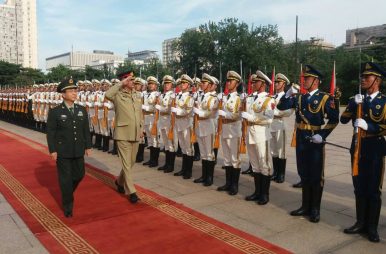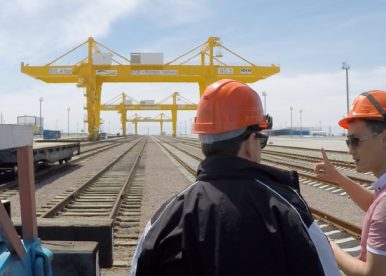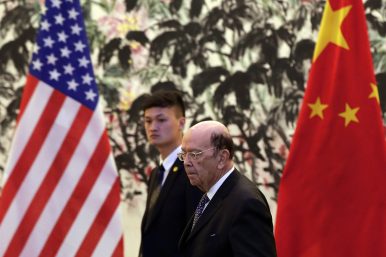By Juhi Ahuja
 The marriage of civilian open-source data with political disinformation campaigns has the potential to unjustly affect electoral outcomes, as seen with the 2016 U.S. presidential elections. Such tinkering within the Indian electoral system could lead to the deepening of existing social discord, loss of civic trust in the electoral system, and the compromise of basic democratic principles. Recent allegations against data mining and analytics firm Cambridge Analytica’s use of Facebook users’ data to the advantage of the Trump campaign raises questions about how parties may follow similar tactics in India to influence the upcoming 2019 general elections. Deliberations over social media sites between the Bharatiya Janata Party (BJP) and the Indian National Congress party have focused attention of late on topics of disinformation, fake news, and accusations of populist tactics. On March 22, the Times of India reported thatRahul Gandhi and members of the BJP have accused one another of having links to Cambridge Analytica. On March 27, Christopher Wylie, former director of research of Cambridge Analytica, testified to a British parliamentary committee that the Congress party was a client of the company in India. Concurrently, reports emerged of the BJP’s alleged ties to SCL Group, the parent company of Cambridge Analytica, in the run-up to the BJP’s electoral victory in 2014.
The marriage of civilian open-source data with political disinformation campaigns has the potential to unjustly affect electoral outcomes, as seen with the 2016 U.S. presidential elections. Such tinkering within the Indian electoral system could lead to the deepening of existing social discord, loss of civic trust in the electoral system, and the compromise of basic democratic principles. Recent allegations against data mining and analytics firm Cambridge Analytica’s use of Facebook users’ data to the advantage of the Trump campaign raises questions about how parties may follow similar tactics in India to influence the upcoming 2019 general elections. Deliberations over social media sites between the Bharatiya Janata Party (BJP) and the Indian National Congress party have focused attention of late on topics of disinformation, fake news, and accusations of populist tactics. On March 22, the Times of India reported thatRahul Gandhi and members of the BJP have accused one another of having links to Cambridge Analytica. On March 27, Christopher Wylie, former director of research of Cambridge Analytica, testified to a British parliamentary committee that the Congress party was a client of the company in India. Concurrently, reports emerged of the BJP’s alleged ties to SCL Group, the parent company of Cambridge Analytica, in the run-up to the BJP’s electoral victory in 2014.










/arc-anglerfish-arc2-prod-mco.s3.amazonaws.com/public/VTY3PGO3K5FR3NOK4PPVVDZOAA.jpg)
